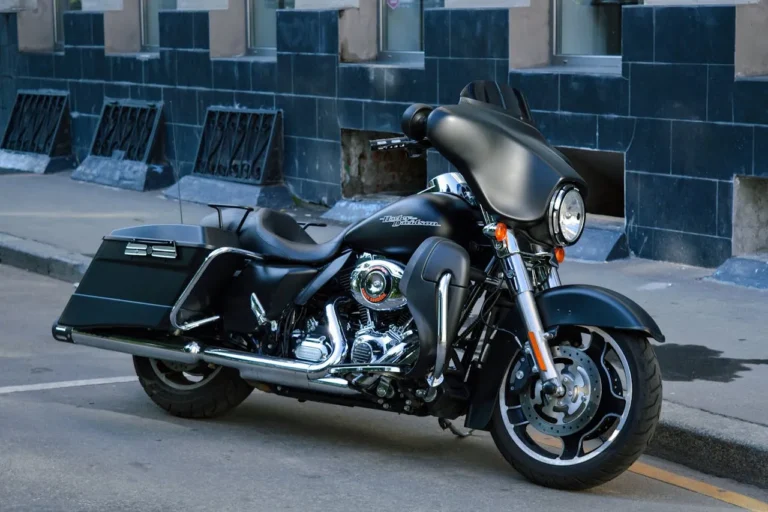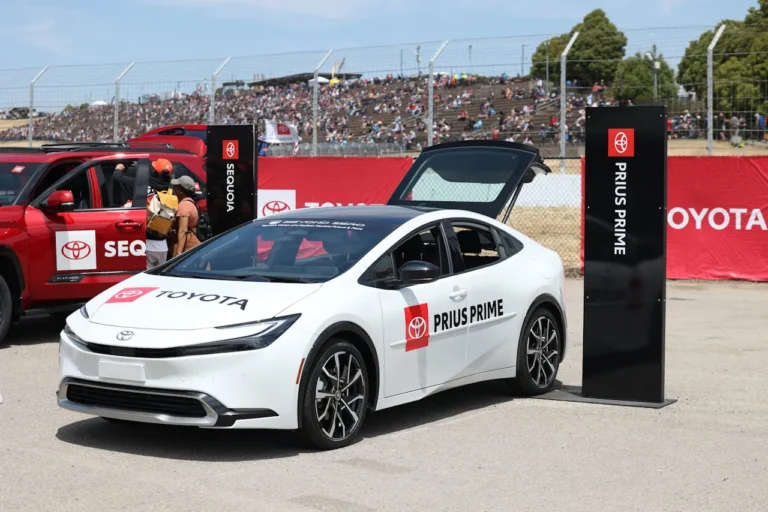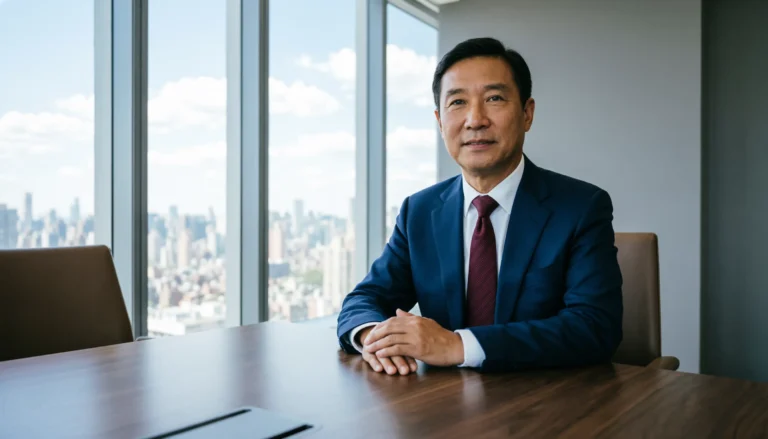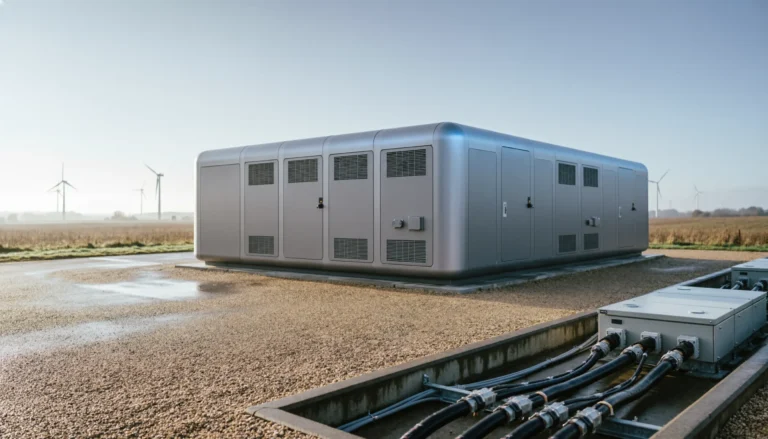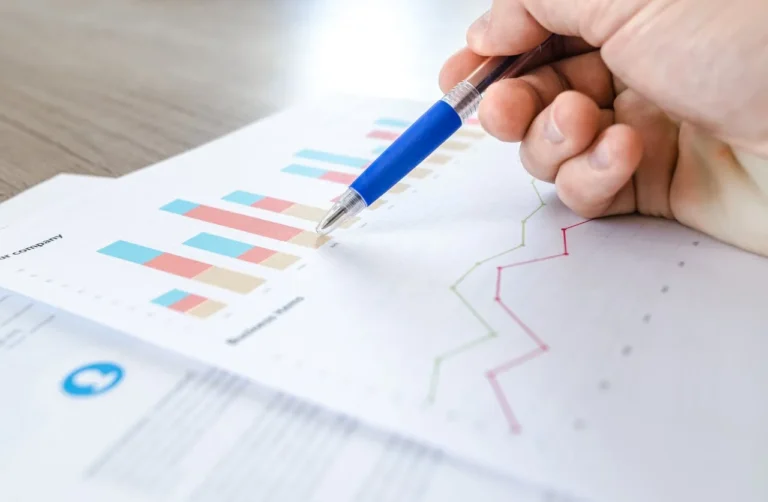
Lucid Launches MINAC to Strengthen U.S. EV Supply Chain Through Strategic Critical Minerals Collaboration
Lucid Group, the renowned maker of high-performance electric vehicles, has taken a significant step to fortify the domestic supply chain for automotive and EV manufacturing in the United States. On July 23, 2025, Lucid announced the launch of a new alliance, the Minerals for National Automotive Competitiveness Collaboration (MINAC), alongside key American critical mineral producers: Alaska Energy Metals, Graphite One, Electric Metals USA, and RecycLiCo.
This landmark partnership is dedicated to accelerating the responsible sourcing and integration of critical minerals into U.S.-based EV manufacturing processes. The ultimate aim is to reduce America’s dependence on foreign mineral imports—particularly from adversarial nations—and to build a more secure, sustainable, and transparent domestic supply chain that supports both national security and economic growth.
Objectives of the MINAC Alliance
The MINAC collaboration is focused on delivering tangible outcomes in four major areas:
- Domestic Offtake Agreements: Facilitating agreements between mineral producers and automakers to secure the supply of critical U.S.-sourced materials, such as nickel, graphite, manganese, lithium, and cobalt.
- Barrier Identification and Resolution: Tackling regulatory, technical, and commercial challenges that slow the adoption of domestically produced critical minerals.
- Enhanced Sector Coordination: Fostering closer integration between the automotive manufacturing and mineral extraction sectors to better align needs, timelines, and technologies.
- Qualification and Procurement Support: Helping U.S.-based automakers and Tier 1 suppliers qualify and procure materials that meet domestic content requirements and performance standards.
A High-Profile Kickoff in Washington, D.C.
To mark the launch of MINAC, Lucid and its partners hosted a roundtable discussion and official announcement event in Washington, D.C., on July 23, 2025. The event featured prominent lawmakers and policymakers including:
- Arizona Governor Katie Hobbs
- Senator Dan Sullivan (Alaska)
- Representative Nick Begich (Alaska)
- Representative Andy Biggs (Arizona)
The presence of these leaders underscores the growing bipartisan consensus that critical minerals are essential to America’s industrial future and energy independence.
MINAC Partner Spotlights: Critical Materials from American Soil
Each of the MINAC partners brings a unique, strategic asset to the collaboration, contributing to a more comprehensive and diversified domestic supply chain.
Alaska Energy Metals (AEMC)
Based in Anchorage, Alaska, AEMC is spearheading the development of a major nickel project in interior Alaska. Nickel is vital to lithium-ion batteries, as it enables higher energy density, longer range, and reduced dependence on metals like cobalt. Nickel’s role in creating durable, high-performance EV batteries makes AEMC’s project central to U.S. supply chain resilience.
Electric Metals USA (Emily Manganese Project)
Currently advancing the highest-grade known manganese deposit in North America, Electric Metals is developing the Emily Project in Minnesota. Manganese is used in battery cathodes to increase energy density and improve thermal stability. Importantly, the U.S. currently has no domestic production of manganese, making this project a potential game-changer in reducing dependence on imports.
Graphite One
Graphite One is working to produce both natural graphite from Northern Alaska and synthetic graphite from a facility in Ohio. Both types of graphite are essential components of battery anodes, yet the U.S. currently imports nearly all of its graphite. The company has already inked supply agreements with Lucid, positioning itself as a future linchpin in U.S. battery manufacturing.
RecycLiCo
A leader in advanced battery recycling and refining, RecycLiCo uses hydrometallurgical technology to extract high-purity lithium, cobalt, nickel, and manganese from both mined ore and end-of-life batteries. The company’s circular economy model ensures that critical materials can be reused with minimal environmental impact, bolstering the sustainability of the EV sector.
Voices of Leadership: Statements from Stakeholders
Marc Winterhoff, Interim CEO of Lucid, emphasized the broader implications of the initiative:
Domestic supply chains strengthen manufacturing resilience, fortify sustainable supply chains, and accelerate job growth. Following in the footsteps of our previous agreements, today we are doubling down on our commitment to powering American innovation.
Gregory Beischer, President & CEO, Alaska Energy Metals:
Sourcing minerals domestically enables better regulatory oversight, higher environmental standards, and responsible sourcing. This approach also helps strengthen the American defense industrial base.
Brian Savage, CEO, Electric Metals:
With no current domestic production of manganese, our project addresses a critical vulnerability. Our collaboration with MINAC helps ensure the U.S. builds a resilient and self-reliant battery supply chain.
Anthony Huston, CEO, Graphite One:
Our partnership with Lucid and participation in MINAC marks a crucial step in building a U.S.-based battery supply chain—an essential element of American energy dominance.
Richard Sadowsky, CEO, RecycLiCo:
Our advanced recovery process gives new life to valuable materials from end-of-life batteries. Working with Lucid and MINAC helps us meet the growing demand for sustainable and secure critical minerals.
Political Endorsements: Strong Support from Arizona and Alaska Leaders
U.S. lawmakers attending the MINAC launch voiced resounding support for the initiative:
Senator Mark Kelly (AZ):
Arizona is proud to be home to Lucid’s state-of-the-art facility. This partnership helps keep the economic benefits of EV innovation here in America and strengthens our national security by reducing reliance on China.
Representative Andy Biggs (AZ-05):This collaboration helps secure our future by advancing a domestic supply chain that prioritizes American workers and innovation. It’s a crucial move toward energy independence.
Representative Eli Crane (AZ-02):
Investing in domestic raw materials fuels economic growth and enhances our industrial resilience. Lucid is leading by example.
Representative Juan Ciscomani (AZ-06):
Onshoring our mineral supply chain is not just economic—it’s a national security imperative. This partnership showcases what’s possible when the private sector steps up.
A Model for the Industry—and the Nation
Lucid’s leadership in spearheading MINAC sends a clear message: the future of American EV manufacturing depends on the strategic development and domestic sourcing of critical minerals. The collaboration sets a precedent for other automakers and battery producers to invest in domestic partnerships that enhance supply chain security and sustainability.
By aligning with mineral developers and recyclers based in the U.S., Lucid is not only reducing supply risks but also promoting environmental responsibility, technological innovation, and economic opportunity within American communities.
As demand for EVs surges and global competition intensifies, MINAC may prove to be a vital pillar in securing the United States’ place at the forefront of clean transportation manufacturing.


